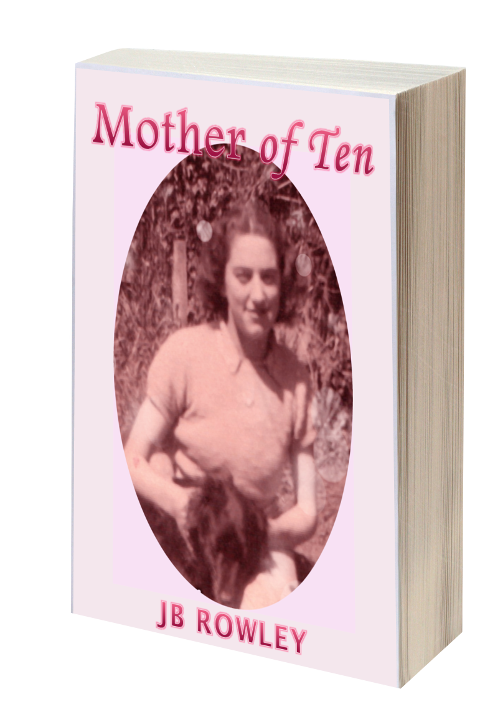As a convict descendant I find the claims that January 26th represents an invasion of Australia downright insulting. Such a claim implies that the convicts of the First Fleet under Captain Arthur Phillip who were forcibly transported from England invaded this continent.
To claim invasion denies the suffering of those convicts who were confined to a space of 18 inches by 6 feet on crowded ships for almost nine months on a journey over 24 000 kilometres of ocean (not to mention what happened to them before getting on the ships). We’re talking about people who had no desire to inhabit ‘New Holland’ and who were forced to survive for the most part ‘on flapjacks and desiccated salted beef’ and had to cope with sea sickness, diarrhoea, abuse and more.
Claiming ‘Invasion’ not only denies the suffering of the convicts but also the gruelling work they put in after they were forced to live here; the hard labour it took to build new lives, to build the infrastructure for Modern Australia which began on 26 January 1788. Unfortunately, people like Greens leader Richard Di Natale don’t care about that. Without a thought for the convicts or one iota of respect for their descendants, he’s interested only in manipulating emotions and scoring political points by screaming: INVASION!
Not only is it an insult to the convicts and their descendants, but falsely claiming January 26th marked an invasion of the continent is also an insult to Governor Phillip who faithfully followed the Crown’s instructions to ‘open an intercourse with the natives, and to conciliate their affections’. Even after receiving a serious injury when speared by an Aboriginal warrior, Phillip refused to retaliate and continued to try to maintain friendly relations. Hardly the actions of an invader!
January 26th marks the beginning of Modern Australia which has evolved into the fantastic country we have today. That is worth celebrating. Those who clamour for a change of date seem to be not only ignorant of historical facts and disrespectful to Australians who are convict descendants but also indifferent of the ramifications for Aboriginal people who will surely be subject to resentment (or worse) if they are seen as the reason for changing a date that has become so popular with the general public.
Why not consider a more inclusive solution? There is no reason why Australia Day can’t be a day of celebration AND reflection. A day when we can reflect on what happened to Aboriginal nations after the arrival of the First Fleet and celebrate what has been achieved by Aboriginal people in recent times. A day to reflect on what happened to those who were transported here and celebrate what they achieved. And a day to celebrate what we have all achieved together to make Australia what she is today. I reckon that’d be deadly! 🙂
One more thing. Since so many Australians seem to be uninformed about those who laid the foundations for Modern Australia, perhaps a brief look at what brought them here is appropriate.
Many of the convicts on the First Fleet and the convicts that came after them were decent hardworking people who had been forced to break the law because England’s new Enclosures Acts had driven them off the common land their families had worked for centuries and into the cities in the hope of finding work.
Furthermore, the New Transportation Act 1780 meant that Britain had the power to transport people for such minor offences as ‘stealing cloth from the rack’ (the sin of one of my convict ancestors), not paying excise tax, ‘killing or wounding any deer without the consent of the owner’, or for attending a meeting of Quakers. Nine-year-old orphan John Hudson was sentenced to seven years’ transportation for breaking into a residence and stealing several items of clothing and a pistol. Nine years old! Mary Wade was only eleven when, before her sentence was commuted to transportation, she was sentenced ‘to be hanged by the neck till she be dead’ for stealing a few items of clothing from another girl.
All this was happening in a society that had no police force, where the possibility that confessions were beaten out of people was very real and where witnesses were not always truthful. The real ‘crime’ of a servant girl accused of stealing might have been that she rebuffed her employer’s inappropriate advances. They were harsh times and the exiles to Australia had no idea that many of them would end up creating good lives for themselves in the distant, frightening land on the other side of the world.
Ref:
The Commonwealth of Thieves by Tom Keneally
Mary Wade to Us :A Family History 1788 – 1986






Leave a comment